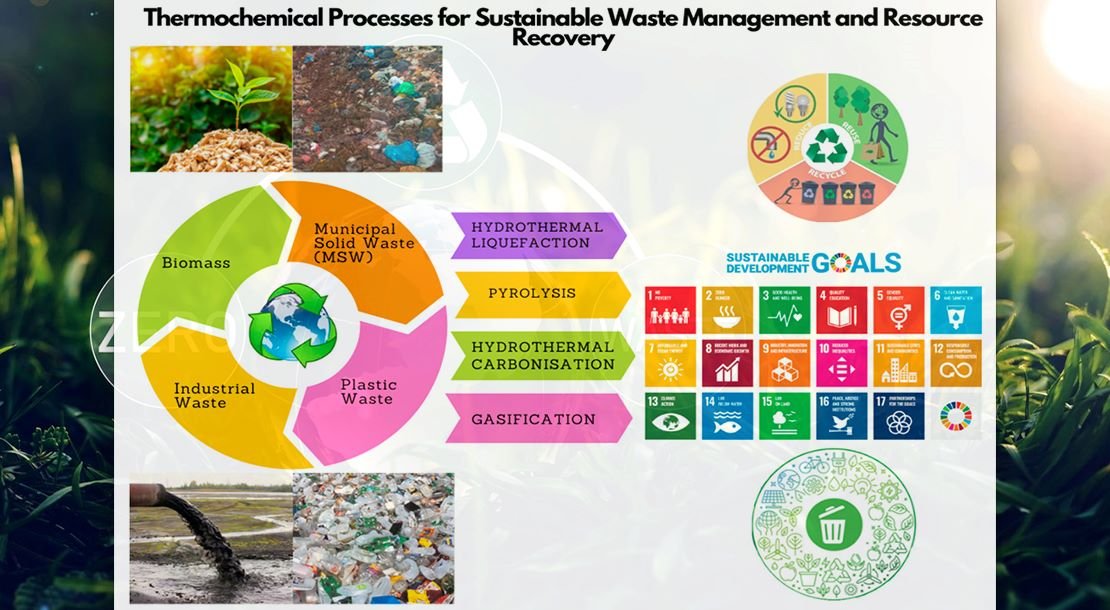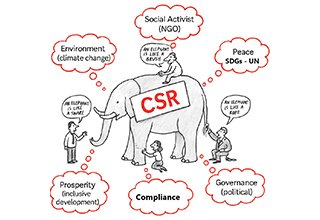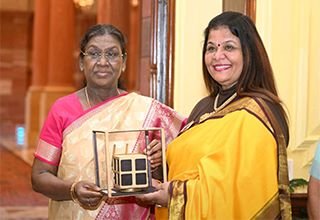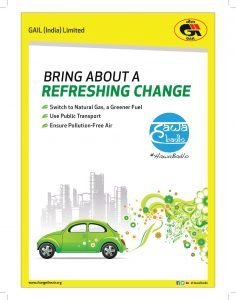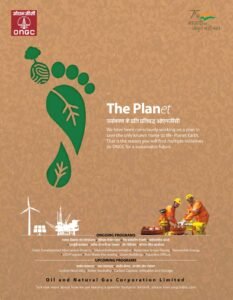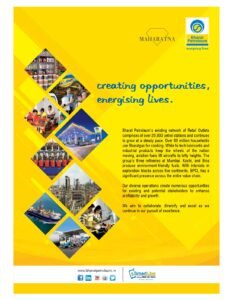Hosted by Dr. Shabnam Asthana Managing Editor CSR Times

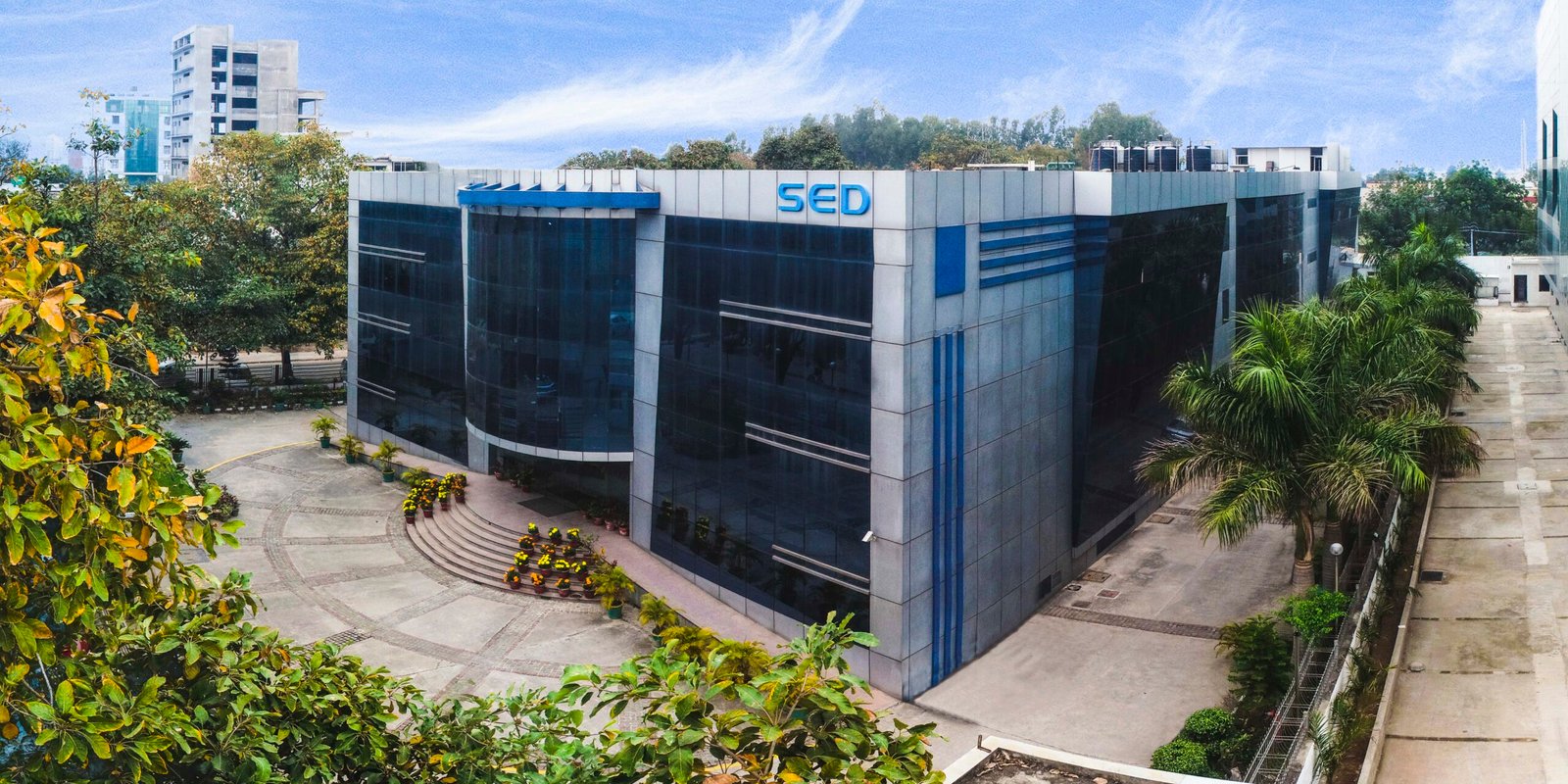
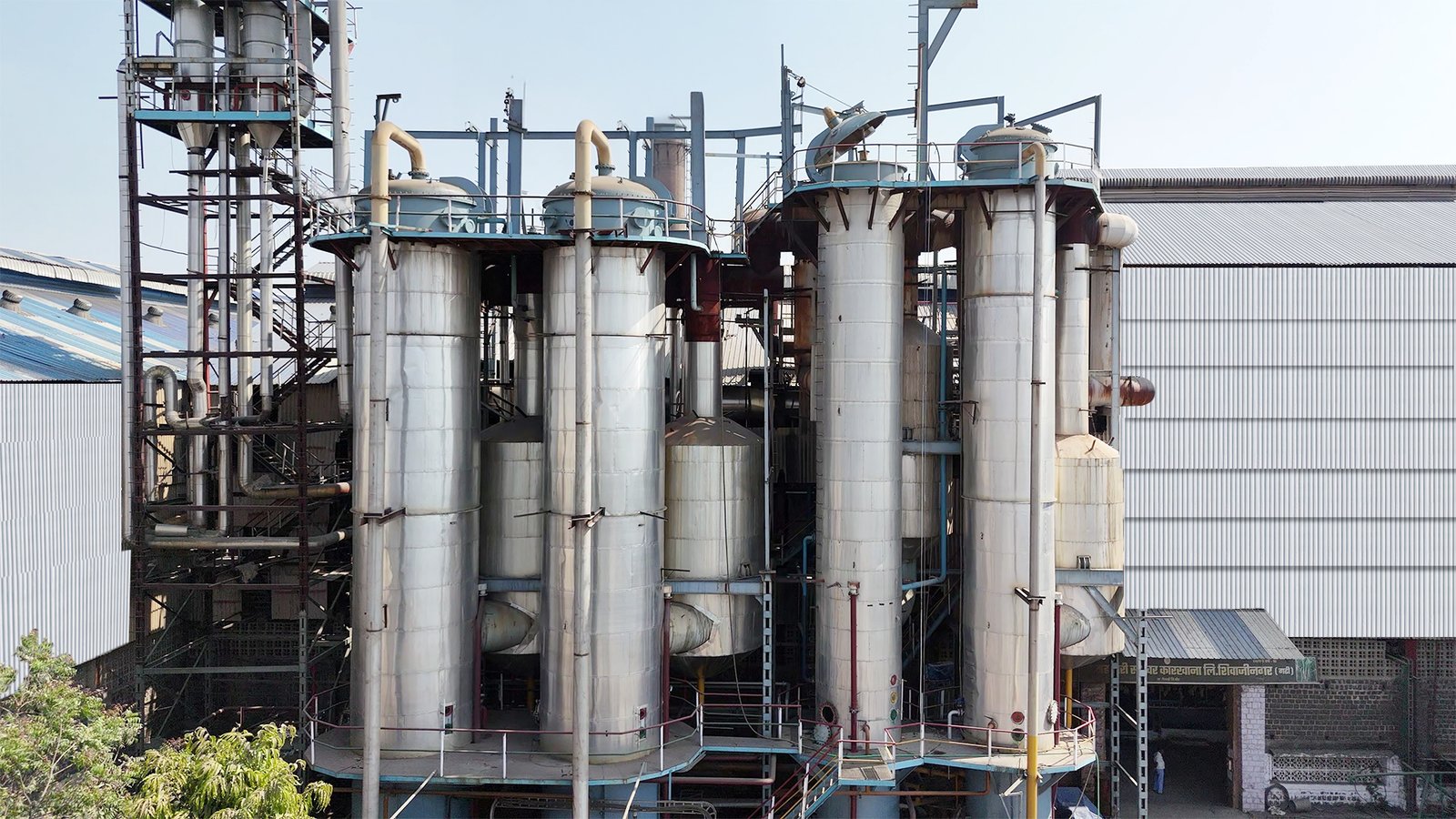
The Origin of a Visionary Journey
Dr Shabnam Asthana: Let’s begin at the start. What inspired you to establish Spray Engineering Devices Limited?
Mr Vivek Verma: My journey was born out of necessity and observation. As a teenager, I watched my father tirelessly run a sugar factory—sometimes working three days without sleep. Despite his dedication, he didn’t receive the recognition he deserved. I realized early on that employment without appreciation isn’t fulfilling. So, I resolved to be an entrepreneur.
By the time I graduated, I asked my father to step back and let me take the lead. He became my market developer, and I focused on creating world-class products. That’s how SPRAY was born in the early ’90s—with a goal to innovate globally competitive solutions for the sugar industry.
Academic Roots and Energy Innovation
Dr Shabnam Asthana: Your background in agricultural engineering is unique. How did it shape your work in energy and water conservation?
Mr Vivek Verma: Science and technology were part of my upbringing. My father was a sugar technologist, and my uncle worked in space and plasma physics. These influences helped me recognize that only 35% of sugarcane’s energy is in the sugar itself—the remaining 65% lies in the biomass. This led me to explore how agricultural residue could be used for energy production.
In the ’90s, discussions about oil scarcity prompted us to consider biomass as a future energy source. That’s how I began working toward a dual purpose for sugarcane: food and energy.
Challenges in Scaling Impact
Dr Shabnam Asthana: What’s been your biggest challenge along this path?
Mr Vivek Verma: Managing a small team is easy—you know everyone, and motivation is natural. But as you scale to 1,500 employees, maintaining alignment and motivation becomes complex. In larger corporate cultures, perceptions change, and communication gaps can arise. This has always been a challenge and continues to be one I’m working to improve.
Sustainability Through Innovation
Host: At SPRAY “Empowered by Innovation” is more than a slogan. How do you incorporate sustainability into your innovation roadmap?
Mr Vivek Verma: India has an ideal environment—moderate climate, rich agriculture, and abundant sunshine. We don’t have vast hydrocarbon reserves, but we have biomass and solar potential. That’s our strength.
We aim to convert agricultural waste into value—plastic, urea, biofuels, and more—making sustainability an economically sound choice. Becoming green isn’t just about the environment; it’s about national prosperity. It’s an economic imperative.
Boiler-Free Breakthrough in the Sugar Industry
Dr Shabnam Asthana: Your zero-boiler sugar and jaggery plant has gained global attention. How did that innovation unfold?
Mr Vivek Verma: Around a decade ago, a group from Maharashtra approached us with a dream: a highly energy-efficient jaggery plant. I proposed a boiler-less model, and they accepted the challenge. Despite difficulties, we succeeded.
This wasn’t to compete with large factories but to prove that small-scale, sustainable models can drive systemic change. Today, biomass is a valuable commodity. If factories switch from burning it to processing it into bio-products, it creates a whole new economic model. That’s the future—sugar factories becoming bio-refineries.
Water Recycling and the Clean Water Mission
Dr Shabnam Asthana: You’ve led over 270 water projects. How does SED support India’s clean water mission?
Mr Vivek Verma: In sugar processing, we extract water from sugarcane and aim to recycle it entirely. Water today is increasingly contaminated—not visibly, but with dissolved salts and nutrients.
Our goal is to replicate the quality of rainwater—zero TDS (total dissolved solids). By using distillation technologies, we’ve achieved zero liquid discharge (ZLD). Factories using our systems don’t need fresh water; they recycle every drop and recover valuable nutrients too.
This approach has been adopted by big companies like Coca-Cola and several pharmaceutical giants. It’s water purification reimagined.
Balancing Profitability and Responsibility
Dr Shabnam Asthana: What advice would you give companies trying to balance profit and environmental responsibility?
Verma: Many see sustainability as a cost, but it’s actually a path to higher profitability. A green factory is often a more efficient one. Investing in energy efficiency, carbon reduction, and water recycling isn’t a liability—it’s a competitive edge. Zero fuel intake, zero water intake, and zero emissions are not only possible—they’re profitable.
Global Footprint, Local Relevance
Dr Shabnam Asthana: SED has a presence in 40+ countries. How do you ensure your solutions remain globally scalable yet locally relevant?
Mr Vivek Verma: We work on both large-scale bio-refineries and small rural jaggery units. Small plants transform rural economies, while large projects push the boundaries of innovation.
Our mission is two-fold: global sustainability and rural industrialization. Installing sugarcane processing plants in remote villages brings industry to where it’s most needed—without sacrificing scale or sophistication.
Recognition, Research and Responsibility
Dr Shabnam Asthana: You’ve received numerous awards—how do these impact your mission?
Mr Vivek Verma: Recognition brings responsibility. These accolades are not personal—they’re societal acknowledgments of the technology’s value.
My role is to bring lab-scale science into profitable industrial application. If a technology delivers profits, adoption follows. India has traditionally relied on imported innovation. We’re changing that by developing indigenous solutions that uplift local economies.
Motivating the Team
Dr Shabnam Asthana: How do you keep your team aligned with your vision?
Mr Vivek Verma: Most of our team members are shareholders. They’re passionate and purpose-driven. We enjoy cross-disciplinary collaboration—from engineering to HR and finance.
Our problems require multi-disciplinary solutions. When people see the impact of their work, motivation becomes organic.
CSR as a Way of Life
Dr Shabnam Asthana: What is your CSR philosophy?
Mr Vivek Verma: For us, CSR isn’t a department—it’s our business model. Our core mission is to make farming highly profitable. A hectare of land should yield not ₹2 lakh, but ₹20 lakh or more—through integrated farming, nutrient recycling, and energy generation.
Villages should not just consume fertilizer or energy; they should produce it. Our goal is rural industrialization and making agriculture a sustainable, attractive profession.
The Mantra for Staying Grounded
Dr Shabnam Asthana: Despite your success, you come across as grounded. What’s your personal mantra?
Mr Vivek Verma: I’ve faced many setbacks, and I was never a brilliant student. But I’ve always stayed positive.
Never seek revenge. Always respond with optimism. If you do your best with a positive mindset, success will follow. Happiness and progress come from a hopeful, forward-looking outlook—not from dwelling on the past.
The Road Ahead: Five-Year Vision
Dr Shabnam Asthana: What’s next for SED?
Mr Vivek Verma: We’ve proven the viability of zero fuel and zero water processing. The next step is liquid fuel production—bioethanol with 100% carbon efficiency.
We aim to build 2G ethanol plants that outcompete oil on cost. If each district has five such plants, India can become hydrocarbon-independent. This would not only reduce our oil import bill but elevate the agricultural sector’s contribution to the GDP.
Final Message to Listeners
Dr Shabnam Asthana: One last message for our audience?
Mr Vivek Verma: Stay positive. Avoid negativity. Focus on contributing your best. Technology, sustainability, and positivity together create transformation—not just for companies, but for society.
Dr Shabnam Asthana: Thank you, Mr. Verma. Your journey with Spray Engineering Devices Limited is a shining example of how purpose-led innovation can reshape industries and empower communities.
To our listeners—thank you for tuning in. If you enjoyed today’s episode, subscribe, share, and join us next time for more stories that inspire. Until then, this is Shabnam Asthana signing off.
#sustainibility #environmentfriendly #Vivek Verma #ShabnamAsthana #SprayEngineeringDeviceslimited #sugarindustry #GreenEngineering #WaterConservation #EnergyEfficiency #ZeroLiquidDischarge #CleanTech #EngineeringForGood #MakeInIndia #ClimateAction #InnovateWithPurpose


